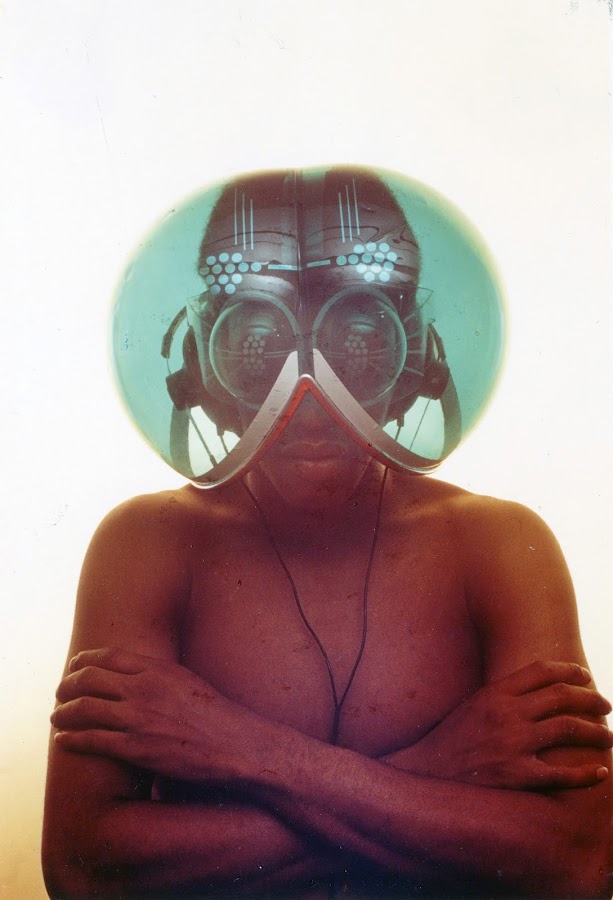According to a study of 7.677 adults aged fifty and over, those with poor vision report
significantly more discrimination, i.e. they are 40% more likely to report being
discriminated against (e.g. treated with less respect or courtesy, receive
poorer service than other people in restaurants and stores, people act as if
they think they are not clever) compared to adults who class their
eyesight as good. Those experiencing discrimination, again, show a clear
tendency to be depressed or feel lonely, and are more likely to report a lower
quality of life and life satisfaction (Jackson et al., 2019).

"People with poor eyesight are at increased risk of loneliness and depression. Our results suggest that discrimination may be an important contributor to this. In addition to addressing the injustice of unfair treatment, tackling the issue of discrimination against people with poor vision could also have substantial benefits for their mental health and wellbeing."
"Teaching coping strategies may help older people with poor vision mitigate the risks for mental health associated with discrimination. More importantly, there is a need for efforts to tackle the negative attitudes and discriminatory behavior toward people with visual impairment in society to reduce their exposure to these damaging experiences."






















HA! Here we go again!
ReplyDelete;) Thanks, Karen!
Delete